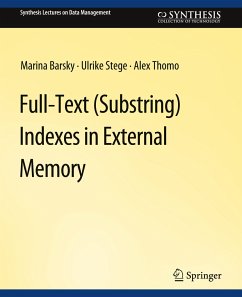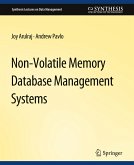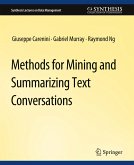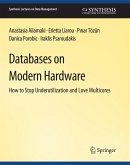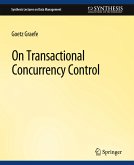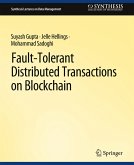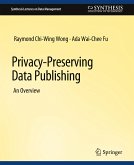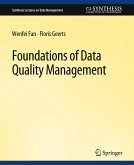Nowadays, textual databases are among the most rapidly growing collections of data. Some of these collections contain a new type of data that differs from classical numerical or textual data. These are long sequences of symbols, not divided into well-separated small tokens (words). The most prominent among such collections are databases of biological sequences, which are experiencing today an unprecedented growth rate. Starting in 2008, the "1000 Genomes Project" has been launched with the ultimate goal of collecting sequences of additional 1,500 Human genomes, 500 each of European, African, and East Asian origin. This will produce an extensive catalog of Human genetic variations. The size of just the raw sequences in this catalog would be about 5 terabytes. Querying strings without well-separated tokens poses a different set of challenges, typically addressed by building full-text indexes, which provide effective structures to index all the substrings of the given strings. Sincefull-text indexes occupy more space than the raw data, it is often necessary to use disk space for their construction. However, until recently, the construction of full-text indexes in secondary storage was considered impractical due to excessive I/O costs. Despite this, algorithms developed in the last decade demonstrated that efficient external construction of full-text indexes is indeed possible. This book is about large-scale construction and usage of full-text indexes. We focus mainly on suffix trees, and show efficient algorithms that can convert suffix trees to other kinds of full-text indexes and vice versa. There are four parts in this book. They are a mix of string searching theory with the reality of external memory constraints. The first part introduces general concepts of full-text indexes and shows the relationships between them. The second part presents the first series of external-memory construction algorithms that can handle the construction of full-text indexesfor moderately large strings in the order of few gigabytes. The third part presents algorithms that scale for very large strings. The final part examines queries that can be facilitated by disk-resident full-text indexes. Table of Contents: Structures for Indexing Substrings / External Construction of Suffix Trees / Scaling Up: When the Input Exceeds the Main Memory / Queries for Disk-based Indexes / Conclusions and Open Problems
Bitte wählen Sie Ihr Anliegen aus.
Rechnungen
Retourenschein anfordern
Bestellstatus
Storno

